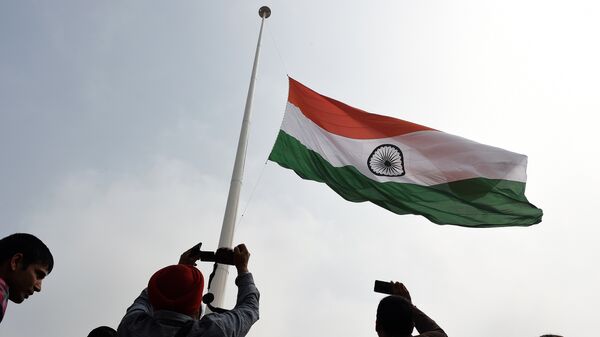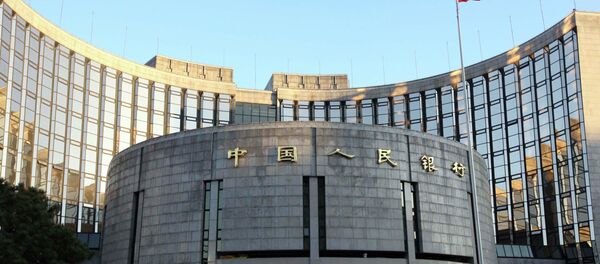The development comes despite the fact that negotiations for the comprehensive bilateral trade and investment agreement (CBTIA) remain in limbo. The EU wants to extend the deadline for existing investment treaties by six months.
The EU is pressing for a BIT since European trade commissioner Cecilia Malmström met India's commerce minister Nirmala Sitharaman on the sidelines of the World Economic Forum at Davos last month. Malmström proposed that the EU and India first negotiate a BIT before they restart talks for the free trade agreement (FTA).
Indian position is different with New Delhi wanting to include a version of BTIA that includes a chapter on investment and leave aside contentious issues for the time being, which EU hasn't agreed to, say sources in the Commerce Ministry.
India may not have a bilateral investment treaty with a large number of countries, including those in the EU, on 1 April 2017.
It would unilaterally terminate all such existing treaties on 31 March, having given an year's time to countries to renegotiate the treaties based on the model Bilateral Investment Treaty (BIT) passed by the Indian cabinet.
India brought out a new model BIT in December 2015, intending to replace its existing Bilateral Investment Promotion and Protection Agreements (BIPAs) and future investment treaties. The development was fueled the country was dragged into international arbitration by foreign investors who sued for discrimination. Many of them cited commitments made by India to other countries in bilateral treaties.
In the recent months, many multinationals companies including Vodafone Group and Sistema have dragged India to international arbitration, citing treaty violations over retrospective taxation.
In the case of White Industries versus the government of India, for instance, the Australian investor cited a favorable substantive MFN provision in the India-Kuwait BIT that it said was absent in the India-Australia BIT. The Australian company, which argued for including the provision in the India-Australia BIT, won the case in 2012.
India has served termination notices to as many as 57 countries, including European nations, with whom the initial term of the treaty has either expired or will expire soon.
A member of the European Parliament and part of the European parliamentarians currently visiting India, told reporters tat the EU has said it would be very helpful if India could extend the existing BIPAs for six months to enable new mechanisms to be put in place.
"The EU has consistently wanted to have an ambitious agreement whereas I think on the Indian side, there's more of an aim towards picking and choosing. I think we need to work hard if we agree to a FTA; it would do enormous good to both sides," Geoffrey Van Orden said.
India's decision to scrap the BITs will not have any immediate effect, because all existing investments would continue to be protected for anything between 10-15 years. New investments however, might be affected.






